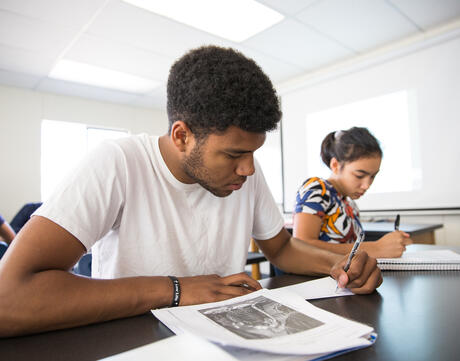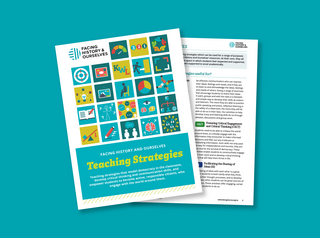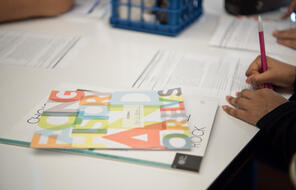
Anticipation Guides (UK)
Overview

Teaching Strategies
About This Teaching Strategy
The Anticipation Guides strategy asks students to express their opinions about ideas before they encounter them in a text or unit of study. Completing anticipation guides helps students recognise and connect to themes that surface in their learning.
Use this strategy at the beginning of a unit or before engaging with a text. You can also review anticipation guides at the end of a lesson or unit as a way to help students reflect on how learning new material may have influenced their opinions, perhaps by reinforcing previously held beliefs or by causing ideas to shift.
Procedure
Steps for Implementation
Unlimited Access to Learning. More Added Every Month.
Facing History & Ourselves is designed for educators who want to help students explore identity, think critically, grow emotionally, act ethically, and participate in civic life. It’s hard work, so we’ve developed some go-to professional learning opportunities to help you along the way.
Exploring ELA Text Selection with Julia Torres
On-Demand

Working for Justice, Equity and Civic Agency in Our Schools: A Conversation with Clint Smith
On-Demand

Centering Student Voices to Build Community and Agency
On-Demand
















